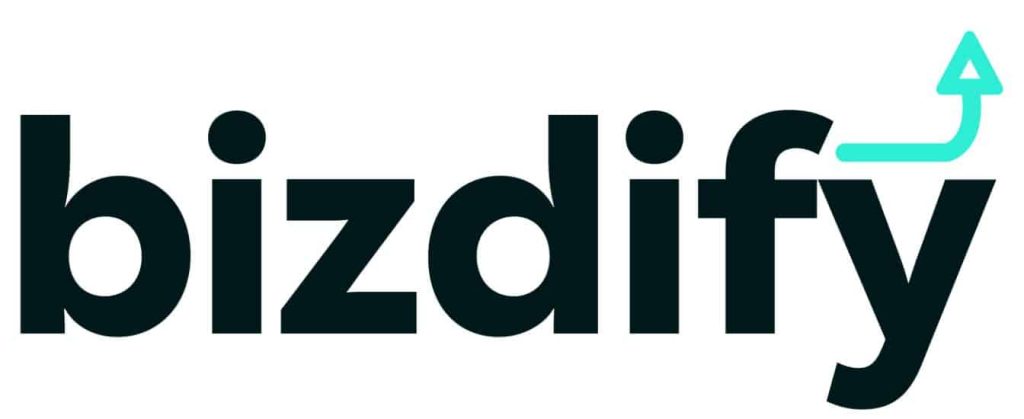Elevate Your Brand with Expert Blog Content
In today’s hyperconnected world, online reputation has become a dynamic, ever-evolving reflection of a brand’s identity. What was once dominated by static reviews and corporate statements is now driven by AI-powered systems, hyper-personalized engagement, and authentic, user-generated content. As the digital landscape shifts, businesses must embrace these trends to remain relevant, trustworthy, and resilient.
1. AI-Powered Monitoring and Personalization: Smarter Reputation Strategies
Artificial Intelligence is redefining how brands manage their reputations. No longer limited to manual review tracking or reactive responses, businesses now leverage AI to:
Monitor sentiment in real-time across platforms—social media, forums, review sites, and even video comments.
Identify potential reputation threats early, using predictive analytics to detect patterns before they escalate.
Personalize customer responses by analyzing tone, previous interactions, and behavior, creating a more human-like, empathetic touch.
For example, AI tools can now flag negative feedback about a delivery issue and suggest a customized response and solution, tailored to that specific customer. It’s not just about automation—it’s about smart, sensitive interaction at scale.
2. Proactive Crisis Management: Prevention is the New Cure
Gone are the days when reputation crises were handled after the fact. Today’s leading brands are using AI to:
Detect early warning signs, like a sudden spike in brand mentions or specific keywords associated with dissatisfaction.
Simulate possible outcomes using scenario analysis and historical data to guide the best course of action.
Coordinate rapid, transparent responses across channels before misinformation spreads or negative sentiment snowballs.
This shift toward proactive reputation management helps brands maintain control, preserve customer trust, and recover faster when challenges arise.
3. The Rise of Video Content: Seeing is Believing
Video is fast becoming the most influential medium for shaping online reputations. Why?
Authenticity: People trust faces more than words. A short video featuring a satisfied customer or a behind-the-scenes brand story can carry far more weight than a paragraph of text.
Reach: Algorithms on platforms like Instagram, TikTok, and YouTube favor video, pushing it to broader audiences.
Emotional Impact: Video allows for tone, expression, and storytelling—helping brands forge stronger emotional connections with viewers.
Brands embracing video are not just promoting products—they’re building credibility, showcasing culture, and letting real voices do the talking.
4. User-Generated Content (UGC): The Trust Factor
In a world saturated with ads and branded messages, user-generated content is king. Consumers trust their peers more than they trust polished marketing. UGC includes:
Reviews and testimonials
Social media posts from real customers
Video unboxings, tutorials, or product demos
Brands that encourage and amplify UGC benefit from higher engagement, credibility, and loyalty. AI tools now help identify top-performing UGC, engage with creators, and ensure content aligns with brand values—without stifling authenticity.
Final Thoughts
Online reputation management is no longer about damage control—it’s about strategic, real-time brand storytelling powered by data, emotion, and authenticity. With AI as a partner, video as a storyteller, and customers as co-creators, businesses can build a resilient digital presence that earns trust and stands the test of time.
In 2025 and beyond, your best PR team might just be your AI—and your customers. Are you ready to let them lead?



